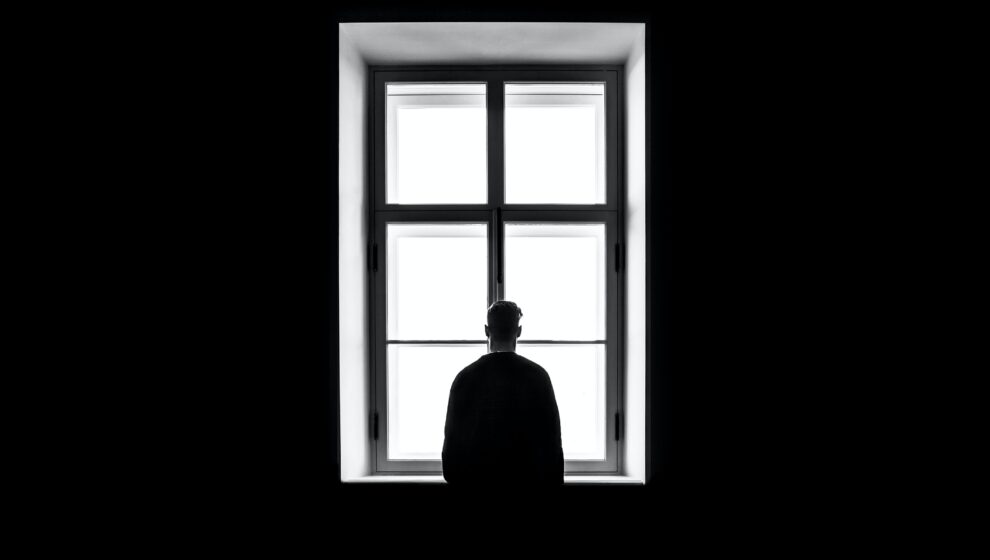Loneliness, anxiety, and depression are spiking across age groups in the U.S. and warranting government legislation to address it.
Key Details
- On July 18, Senator Chris Murphy (D-CT) filed the National Strategy for Social Connection Act to create and fund federal organizations to address the growing epidemic of social isolation and loneliness.
- This followed recent studies showing that half of Americans report feeling lonely or isolated, and 40% say their relationships are not meaningful.
- Americans saw a 5% increase in the prevalence of loneliness during COVID-19, with a 2021 Harvard study finding 36% of people reporting loneliness some or all of the time, particularly among young people. More than 50% of young mothers feel loneliness.
- A recent paper from the National Academies of Sciences, Engineering, and Medicine also found one-third of adults over 45 years old feel lonely, while one-fourth over 65 are considered socially isolated, Psychology Today reports.
Why It’s Important
Various social pressures and changes—many intensified by two years of pandemic lockdowns—have contributed to a decline in meaningful connections between people. Modern technology has created more opportunities for connection than ever in human history, but the high volume and superficial nature of these relationships means they often lack authenticity and meaning.
High social media usage has already been found to correlate with feelings of negativity, but loneliness has other severe mental and physiological side effects as well. It can heighten risks associated with heart disease, type-2 diabetes, depression, anxiety, insomnia, dementia, lung damage, and premature death. Former Sergeant General Vivek Murphy even argues, “Having weak social connections is as harmful to our health as smoking fifteen cigarettes per day.”
“Loneliness has been on the rise, with rates having doubled since 1980. It’s a paradoxical twist to consider the modern technology social media has allowed us to be more connected than ever before at a distance, while our relationships are much more shallow,” says The Growth Lab host Dr. Josh Axe.
The issue has grown to the point where it merits federal attention and funding. However, it remains unclear how the CDC will measure and treat increased loneliness outside of increasing pharmaceutical solutions.
Possible Solutions
As Dr. Josh Axe notes in his recent episode of The Growth Lab, there are many ways that people suffering from loneliness can address their issues without medical intervention, although this may prove necessary in some cases. The best immediate solution to loneliness is to build deep and meaningful connections and get support. These connections can come through local support groups or centers, such as places of worship, while serving a community and helping others.
Reducing social media dependency also has a significant effect on mental health. A recent study from the Journal of Social and Clinical Psychology found that a group using social media only 30 minutes daily significantly decreased loneliness and anxiety over three weeks.
Addressing underlying health and diet issues can also help support loneliness and stress and reduce its effects on the body. Addressing the diversity of gut microbe biomes with high-nutrient diets can have a positive impact. A variety of meat, beans, vegetables, fruits, nuts, and seeds, rich in pro-biotics, is helpful to mental health. “Make your plate look like a rainbow throughout the week, and if you do that, it can help your microbiome, which helps with loneliness.” Axe also recommends Omega-3 supplements and probiotic supplements to address these issues.
Notable Quotes
“There is an extremely strong correlation between using social media for 30 minutes or less per day and improving your mental health, including overcoming depression, loneliness, and anxiety. Almost every mental health issue can be improved with less social media time,” says The Growth Lab host Dr. Josh Axe.
“What we tend to do when we come into conflict is that we go into isolation mode and try to figure it out ourselves. What the data shows us is that is the exact opposite of what you want to do. If you’re feeling lonely, get yourself and your kids plugged into a place of worship, a community center, or something like that.”
